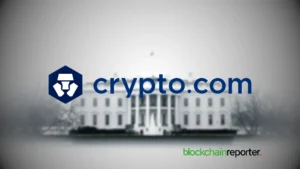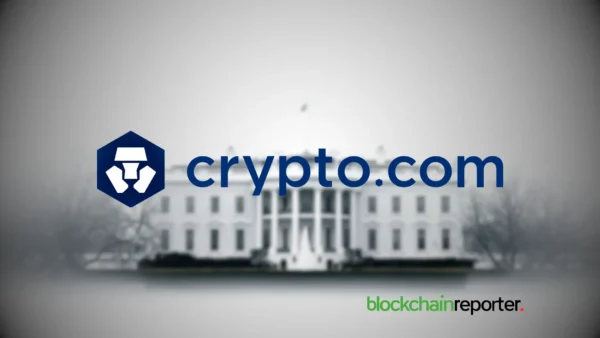
Recently, some MEV bots (also known as sandwich bots) got targeted by a few malicious Ethereum validators. As per the reports, the respective verifiers attack the transfers made by MEV Bots, invalidate the respective transfers as well as put their transfers in their place. As a result of this, a massive amount of $25M has been lost by the MEV bots.
Bad Ethereum Validators Target MEV Bots Transactions to Drain $25 Million
The reports have brought to the front that the attacker obtained the status of a validator nearly 18 days back. According to the reports, Aztec (a privacy protocol) is considered to be the source of the relevant funds. The reports specified that this could be a pre-planned and well-managed attack that remained effective in draining $25M.
A Twitter user going by “3155.eth” referred to the data shown on Etherscan’s official website and frequently reported about the attack. The user mentioned that this incident might pave the way for the dusk of the sandwich bots. In the words of “3155.eth” there is a requirement to do a comprehensive investigation on the matter.
Ethereum Sees a Reversal in Its Anti-Censorship Ethos
In addition to this, the “censorship” issue of Ethereum appears to have altered during the recent 6 months. Following the placement of sanctions by the Office of Foreign Asset Control on Tornado Cash-related transfers to US residents in August, several blocks have been added by Ethereum. The latest blocks were compliant with the OFAC. At present, a decrease has been witnessed in the proportion of the “censored” blocks.
The respective reversal points toward the anti-censorship approach of the network. As mentioned in the data provided by MEV Watch, 1 in every 3 blocks on the Ethereum blockchain was OFAC compliant. This indicates that two-thirds of the blocks on the blockchain are not compliant with the OFAC.








